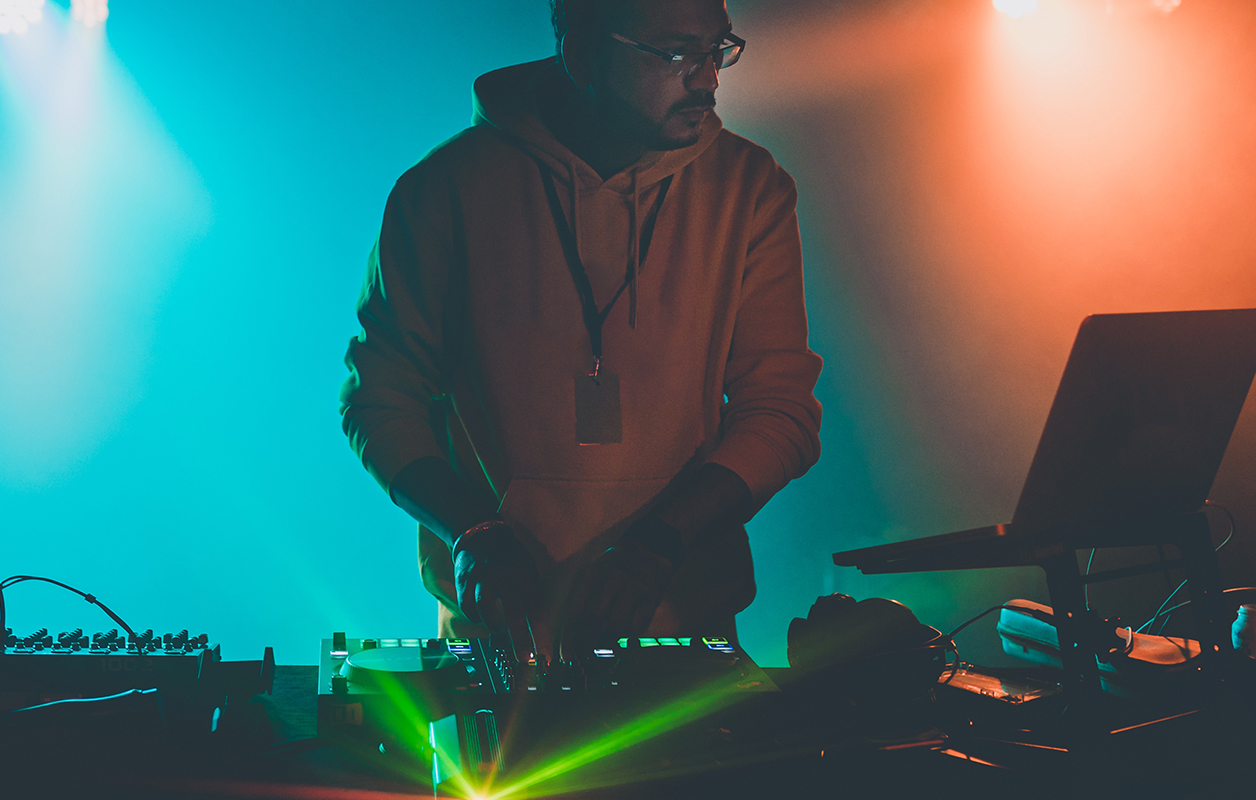
A disc jockey, a.k.a. a DJ, is a person who plays music for an audience. However, there are so many different types of DJs and situations in which DJs work. As you embark on your DJ path, you will most likely develop special skills, expertise, and experience in a certain style of DJing. When you set out to become a professional DJ, it is helpful to choose a specialty where you can build skills and resources. If you have a specialty, clients can trust you know how to do the job and you will stand out among competition.
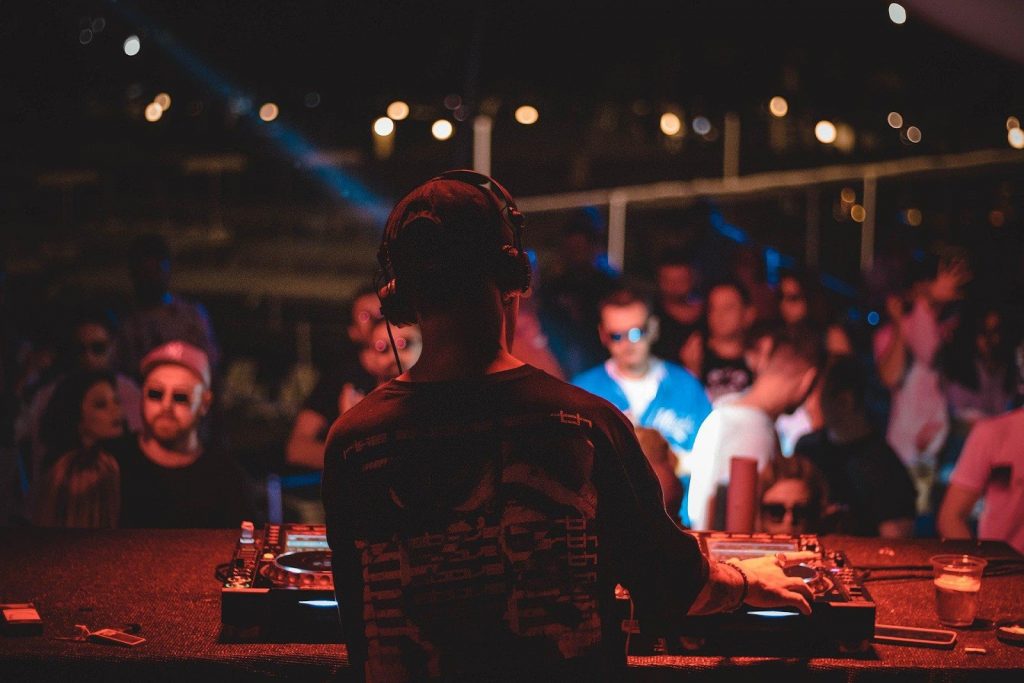
Here are nine different DJ career paths for you to consider:
Wedding DJ
Wedding DJs play music at wedding receptions. Often, they also emcee these events. Wedding receptions usually follow a schedule, including cocktail hour, first dance, speeches, and party hour. Different parts of the ceremony may call for different types of music and emcee duties.
For example, as an emcee, you might announce and play the songs for the grand entrance and first dance. You might even pre-record a music mix for cocktail hour.
The best place to mix, blend, and show off your DJ skills will be at the dance party near the end of the night. Wedding DJs typically base their music selections on the bride and grooms’ song requests as well as some classic hits, so it’s best to build a library of the most popular songs from many eras and genres. Also, it is good to have a mobile setup including speakers and DJ equipment because venues typically do not have these on hand.
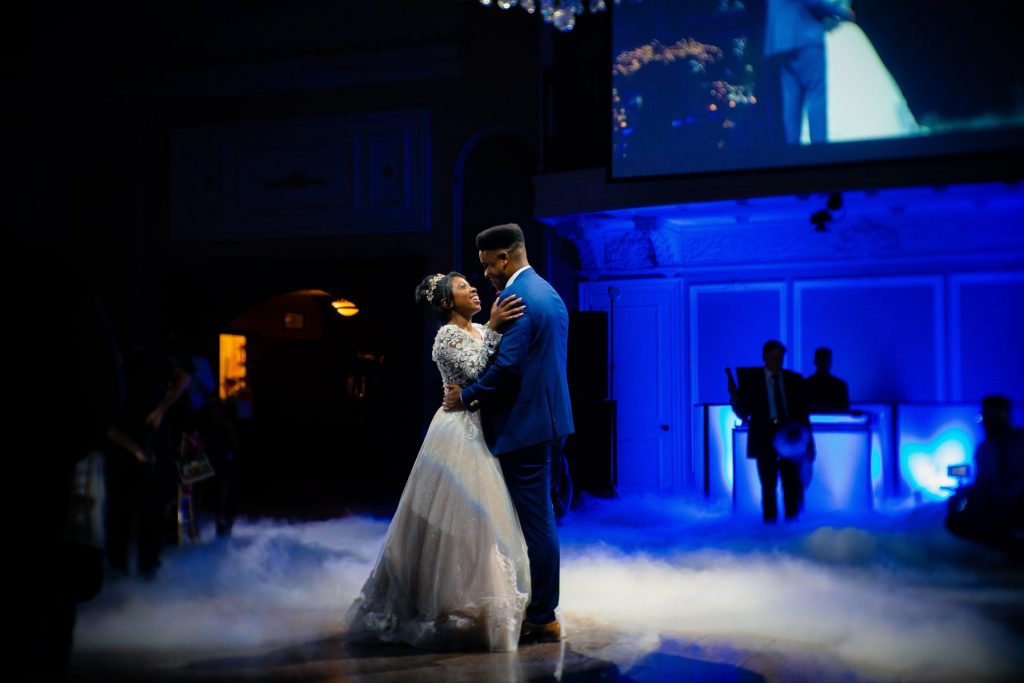
Corporate DJ
A corporate DJ spins for businesses and corporate events. For example, a law firm or car dealership may need a DJ to play music at their holiday party. Retail stores sometimes hire DJs to play live during shopping hours. Like wedding DJs, corporate DJs should have a library of popular songs from a variety of genres and should be prepared to play the specific style of music that a client requests. Corporate gigs, much like wedding gigs, can be very lucrative, but also a lot of work.
Radio DJ
Many DJs perform for radio shows on terrestrial and online stations. Sometimes, these DJs curate their own mixes and make a career of exposing hidden underground gems and rising artists. Often, these shows follow a certain genre or theme such as deep house or ‘90s hip-hop. DJs may pre-record their shows or mix live on the air. In certain cases, the station may have a pre-programmed song selection so the DJ’s duties might be more related to emceeing and live mixing. While working as a radio DJ can be highly competitive, it is a great way to build your resume, gain exposure, and network with other music industry professionals.
Club DJ
A club DJ spins at dance- and nightclubs. Club DJs may specialize in one genre such as hip-hop or progressive house or be an open format DJ. An “open format” DJ plays a variety of genres. It’s best to build a library focused around one music genre, or, if you are spinning open-format at clubs, build a library with currently charting music and top dance songs from all eras. Often, the DJ will use an in-house system such as CDJs, so it’s best to be comfortable on a variety of DJ equipment. Club DJs often get the opportunity to showcase various DJ skills such as scratching and beat-juggling or to share their own remixes of popular songs. At certain clubs, there may also be an opportunity to curate a mix of underground music or expose new artists and tracks.
Festival DJ
Outdoor music festivals often feature a variety of DJs. DJs spinning at festivals frequently specialize in one sub-genre of EDM, such as deep house or dubstep, or more specific genres like country or disco. Festivals often have a variety of rooms and tents with different types of music. Learning how to use CDJs is helpful for this style of DJing because then you can easily face and make eye contact with the crowd. A festival DJ may also be asked to play sets in between acts and artists. This is also a great avenue for exposure as a DJ!
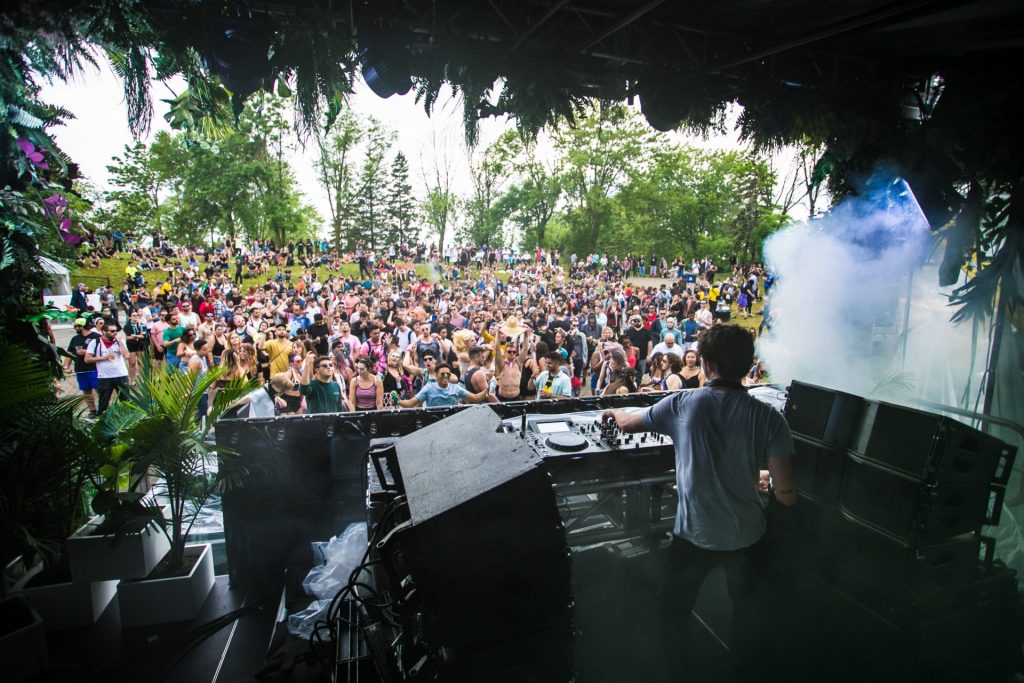
Bar/Restaurant DJ
Bars and restaurants frequently feature live DJs to attract and entertain guests. As a restaurant DJ, you will most likely spin in an open format style. So, it’s best to have a library with currently charting hits as well as classics from a variety of genres and decades. Sometimes, bars hire a karaoke DJ to spin tracks for patrons to sing karaoke.
Mobile DJ
A mobile DJ is a DJ who plays at a variety of venues and provides his or her own equipment. In many cases, mobile DJs are also wedding DJs, corporate DJs, bar DJs, or all the above. Often, mobile DJs will be called upon to spin at house parties. An ideal mobile setup includes speakers, a DJ console, lighting, and a façade. It’s also crucial to own a variety of reliable cables and understand the basics of audio and sound engineering so you know how to set up your equipment and integrate it with the venue’s in-house audio system.
Many mobile gigs are open format. So, it’s best to build a library of Top 40 songs and the most recognizable songs in each genre and decade. It’s also good to include “party dance” songs such as “Macarena” and “The Electric Slide.”
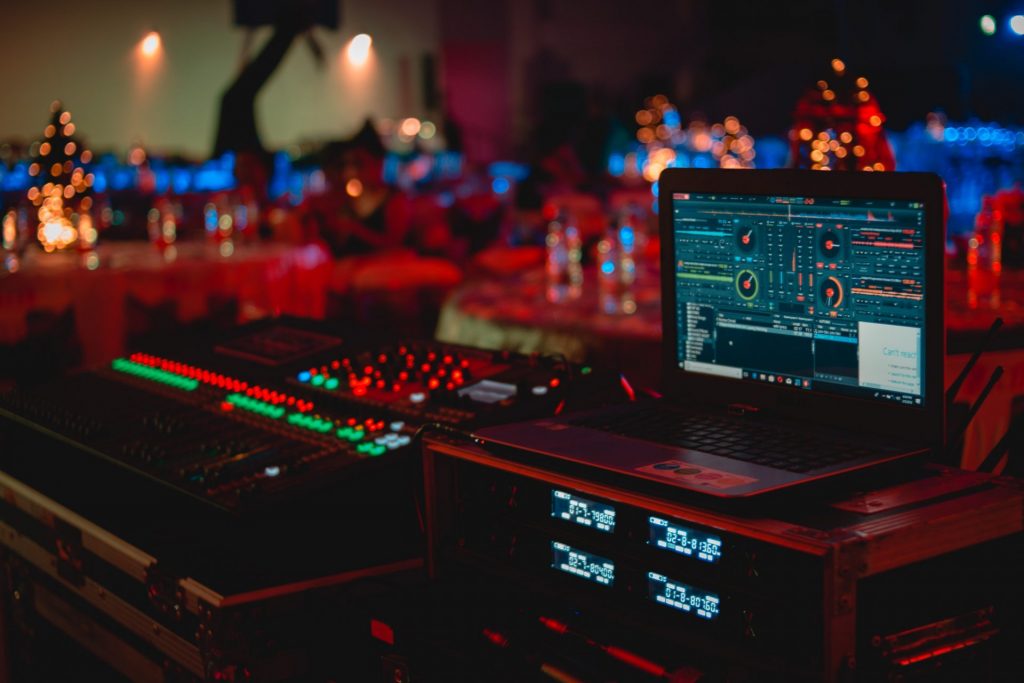
DJ/Producer
When you hear about DJs going on tour like rock stars, they most likely have released a repertoire of original songs and remixes that have helped them build a name. Think of Calvin Harris, Kygo, Deadmau5, Tiësto, and Armin van Buuren. All of these touring, iconic DJs grew an audience by producing chart-topping hits. Agents book these famous DJs at venues around the world because tickets will sell. When on stage, these DJs typically spin their own music, sometimes along with other artists’ songs.
If you want to take your career in this direction, it’s best to learn music production in addition to DJing. Learn how to remix and produce original songs. There are many music production courses offered in-person and online. To get started, purchase a digital audio workstation (DAW) like Ableton or Logic and make tracks. Consider subscribing to BPM Create for samples and sound packs to aid in your production.
DJ for Artists
Many artists, for example rappers, perform songs to pre-recorded tracks. Often, DJs will play these tracks live and add their own twist with scratches and blends. A DJ can go on tour and play regularly with a certain artist, like a guitar player would with a band.
As you can tell, a DJ is more than just a person who plays music for an audience. Many DJ careers overlap with one another; for example, a DJ/Producer may play at nightclubs, and a mobile DJ may spin at weddings. Throughout your career, you may wear different DJ hats. However, all DJ careers require a strong knowledge of music, mixing skills, understanding of song structure and the ability to use DJ equipment. Most importantly, they require a lifelong passion for music!

